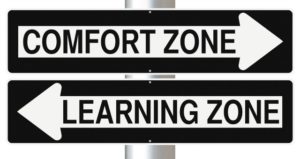
Deeper Thinking about Active Learning
I keep worrying that we’re missing the boat with active learning. Here’s why. First, active learning isn’t about activity for the sake of activity. I fear we’ve gotten too fixated on the activity and aren’t as focused as we should be on the learning. We’re still obsessed with collecting teaching techniques—all those strategies, gimmicks, approaches, and things we can do to get students engaged. But what kind of engagement does the activity promote? Does it pique student interest, make them think, result in learning, and cultivate a desire to know more? Or is it more about keeping basically bored students busy?






